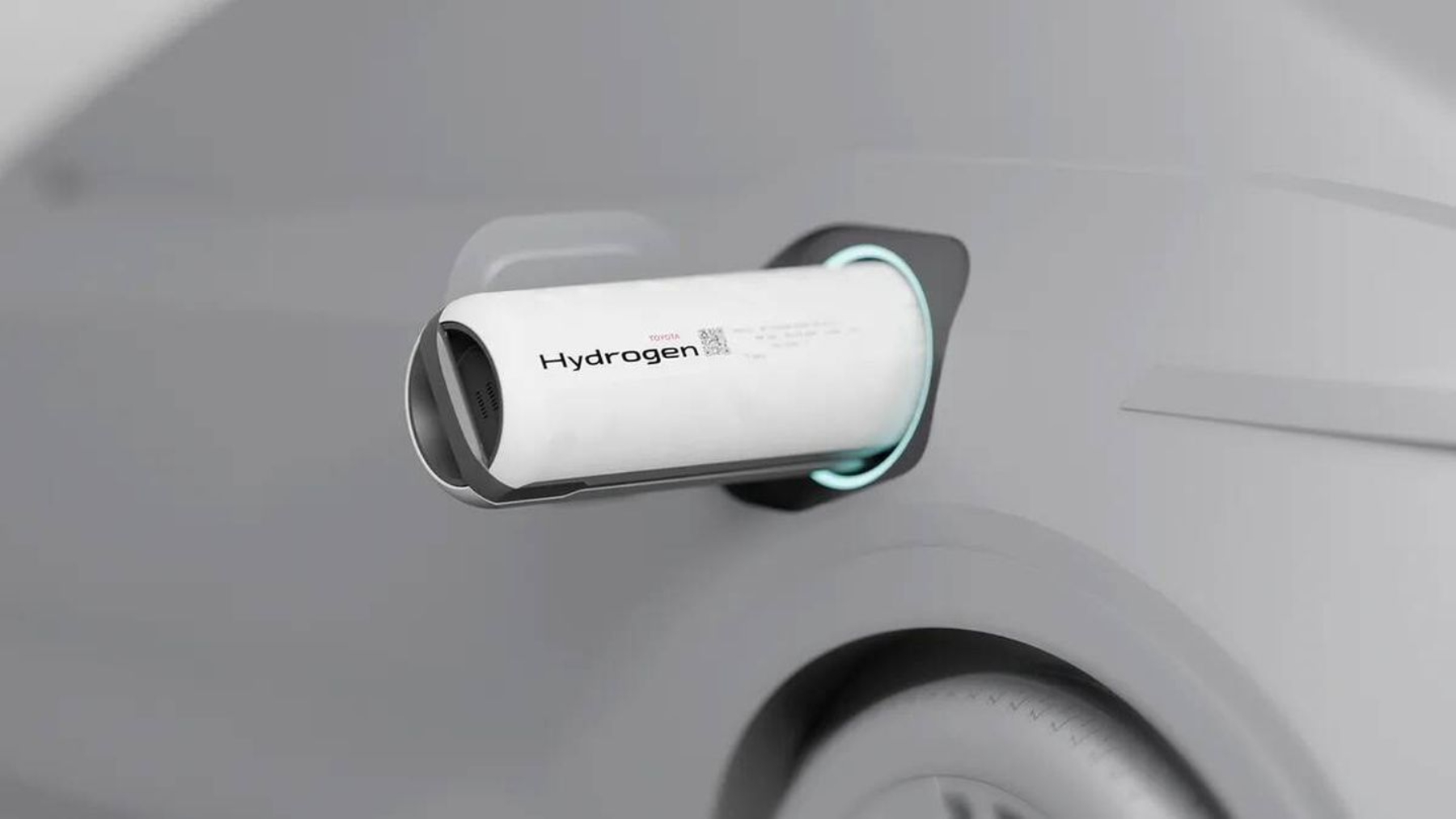Toyota's Innovative Hydrogen Cartridges: Mobility Revolution in Japan
Key Ideas
- Toyota introduces portable hydrogen cartridges for quick and easy refueling of fuel cell electric vehicles, revolutionizing the concept of power on the go.
- The compact and lightweight design of the hydrogen cartridges allows for versatile applications beyond just vehicles, like powering homes and appliances during emergencies.
- This innovative approach by Toyota eliminates the need for extensive infrastructure development, offering a simpler and more cost-effective way to integrate hydrogen energy in daily life.
- Hydrogen emerges as a promising avenue for achieving a carbon-free future, complementing advancements in battery technology and offering a sustainable energy solution with zero emissions.
Toyota is making waves in Japan with its cutting-edge sustainable technology showcased at the Japan Mobility Bizweek. The spotlight is on Toyota's innovative concept of portable hydrogen cartridges designed to revolutionize refueling for the next generation of fuel cell electric vehicles (FCEVs). These compact power packs, initially conceived at Woven, Toyota's tech arm, have evolved from a prototype to a game-changing product. The streamlined design enables drivers to easily swap depleted cartridges for fresh ones, akin to changing batteries in a flashlight, eliminating the need for specialized refueling stations.
The potential of these hydrogen cartridges extends far beyond vehicle refueling, with Toyota envisioning their use in various scenarios, from powering homes during blackouts to running household appliances. Collaborating with Rinnai Corporation, Toyota even showcased a hydrogen-powered stove at the event, showcasing the versatility of these cartridges.
Toyota's vision of a hydrogen-powered future includes the seamless delivery and exchange of cartridges, akin to a routine grocery delivery service. By partnering with diverse industries, Toyota aims to make hydrogen energy accessible and convenient for consumers without the complexities of traditional fueling infrastructure.
The article highlights hydrogen as a key player in the transition to a carbon-free future, offering a clean energy solution with zero emissions. Coupled with advancements in battery technology, hydrogen fuel cell vehicles are poised to deliver enhanced performance, longer range, and reduced refueling times, presenting a compelling case for sustainable mobility.
Overall, the article portrays a positive outlook on hydrogen, emphasizing its versatility and eco-friendly attributes in driving the shift towards a more sustainable and efficient energy landscape.
